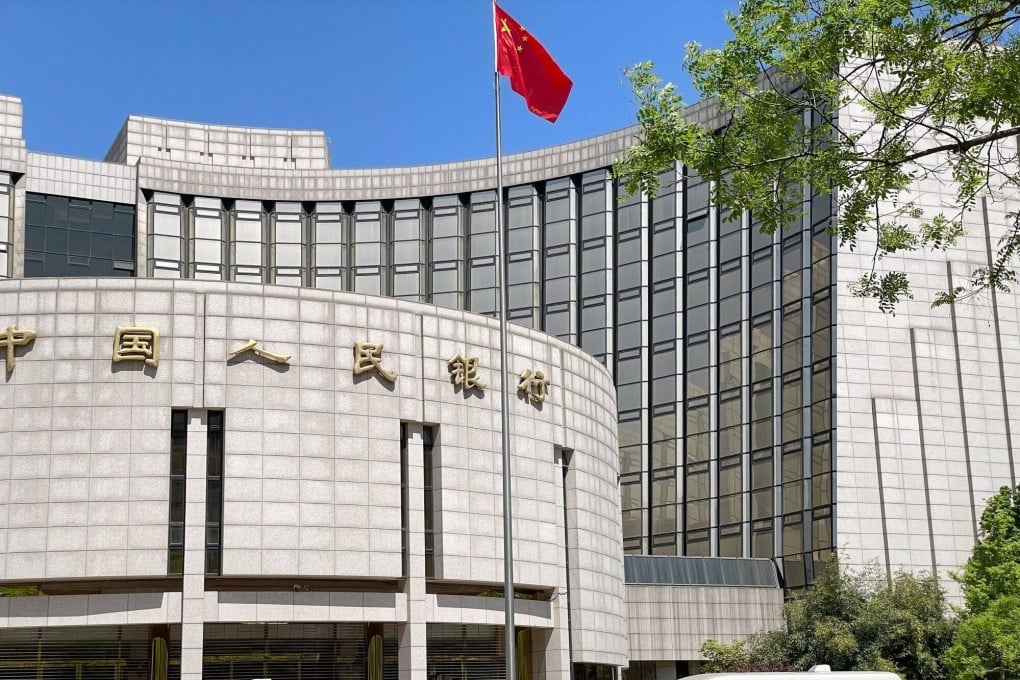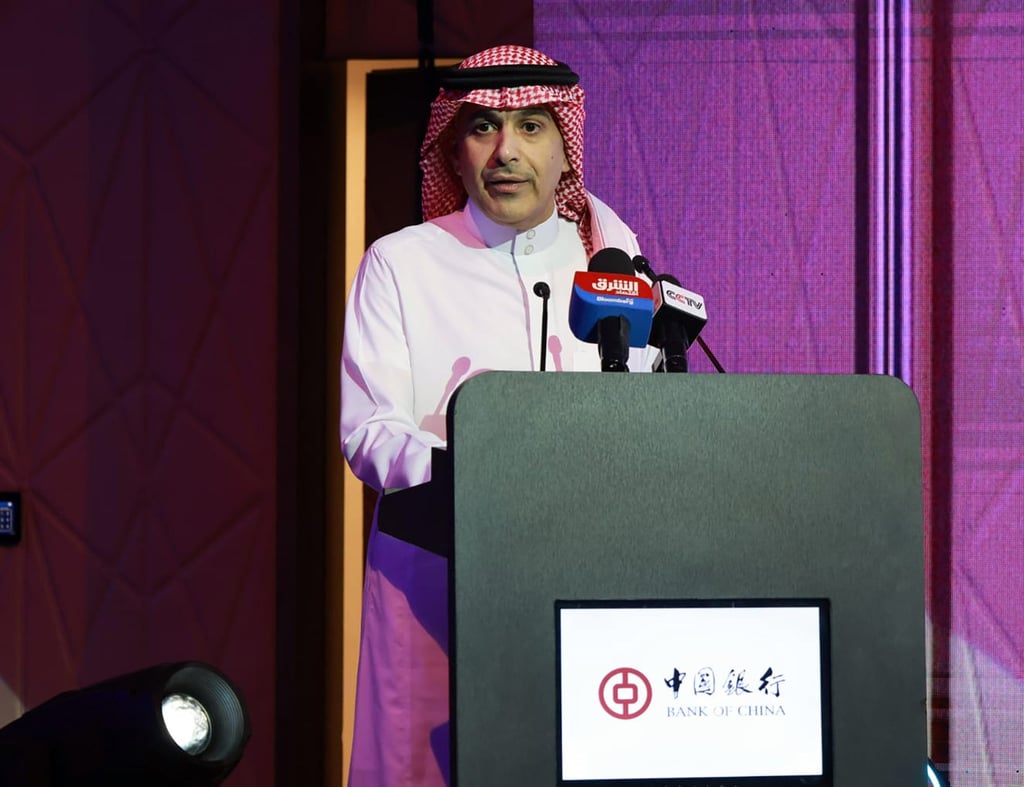China and Saudi Arabia sign currency swap accord to foster bilateral commerce, giving a boost to the yuan’s globalisation
- The People’s Bank of China and the Saudi Central Bank signed a three-year swap agreement for a maximum value of 50 billion yuan, or 26 billion riyal
- The agreement can be extended by mutual agreement, the two central banks said in separate statements on Monday

The central banks of China and Saudi Arabia have agreed on their first currency swap to foster bilateral commerce denominated in the yuan and the riyal, opening the way for more trade to flourish in local currencies. .
The People’s Bank of China (PBOC) and the Saudi Central Bank (SAMA) signed a three-year swap agreement for a maximum value of 50 billion yuan (US$6.97 billion), or 26 billion riyal, according to statements on Monday by the two monetary authorities.
The pact, which can be extended by mutual agreement, reflects the strengthening collaboration between the two central banks, SAMA said. The Saudi central bank was looking to strengthen its connections with the PBOC via bilateral dialogues, collaborations in multilateral forums, as well as partnerships in international organisations, SAMA’s governor Ayman bin Mohammed Al-Sayari said in an interview last month.

To reduce its dependency on US dollars, China has long been keen to increase the yuan’s use overseas. Russia’s invasion of Ukraine, as Western sanctions on Moscow showed how devastating it can be to depend on the dollar. In the last year, rising US interest rates also boosted the dollar’s value of the dollar, spurring some emerging economies to switch to cheaper yuan-denominated transactions.
The world’s second-largest economy, which is also the biggest global importer of crude oil, has been pricing the transactions of oil derivatives in its own currency since 2018. The contracts were designed to help China gain pricing power and internationalise the yuan, at a time when relations between Beijing and Washington were starting to strain.